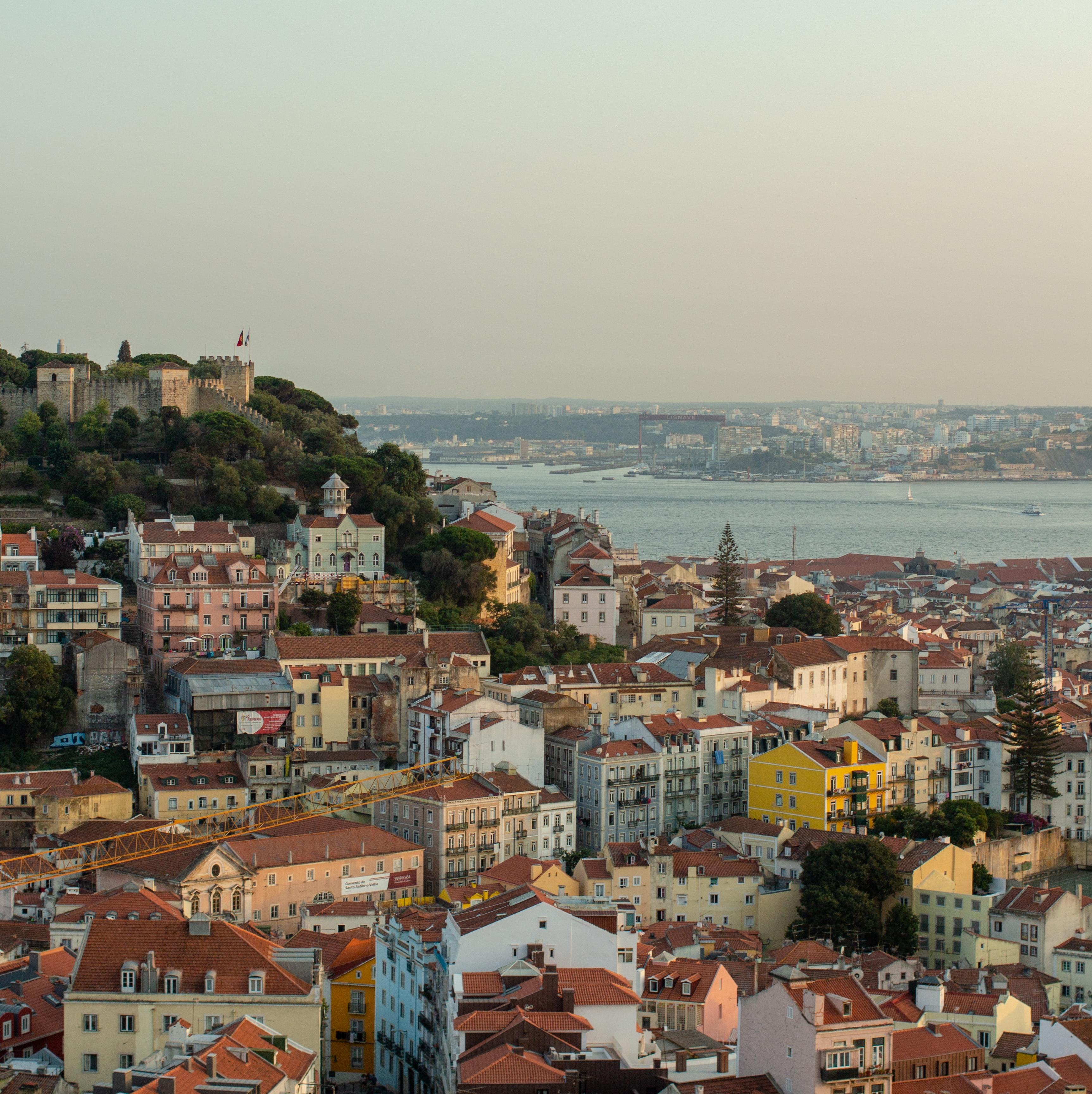Liberal democracy is often considered to be the role model for systems of government in Europe, not just on the national but also on the EU level. Article 2 TEU reaffirms this by prescribing the respect for, inter alia, the rule of law, democracy and the respect for human rights as common to the Member States and principles which the EU is founded on. It is also commonly accepted that these European values are intrinsically interlinked and presuppose each other. It can also be stated that there is a fragile relationship between them and the erosion of one would essentially impact the others. While it is a global trend, some political forces in Europe challenge these notions and claim that democracy and liberalism do not have to go hand in hand. These political views have gained support in some Member States and they are represented in the European Parliament as well. In power, such majorities use their means to dismantle the rule of law, distort democracy and question other foundational European values, putting in danger the EU's self-conception as well. The EU has started to develop and operationalise its legal toolbox to respond to these challenges with a focus on the rule of law, especially on the independence of the judiciary. However, since the support for these political stances persist, it may well be worth discovering the reasons behind this phenomenon. Firstly, it needs to be addressed that while accommodating differing political views, democracy is essentially liberal, at least in Europe. Secondly, the question can be asked: why the notion and the institutions of liberal democracy are challenged in Europe? Is this because of lacking or the weak societal support? If so, how could these challenges be handled by the European institutions? Thirdly, some political actors in power use the legal system to secure their interest, erode the system of checks and balances and distort democratic decision-making. While doing so, these actors tend to claim justification ‘in the name of the people’. Witnessing such trends in Europe under the shadow of the rule of law backsliding, the questions of legitimacy of democratic decision-making on the one hand, and of the balancing institutions on the other are also to be discussed. Here, it is important to discover the essentials and boundaries of the democratic processes while respecting the liberal promises of the legal system, especially within the European Legal Space. Finally, since it has been stated many times that the EU itself is short of democratic legitimacy, it shall also be examined how the means of liberal democracy could be improved on the European level.




